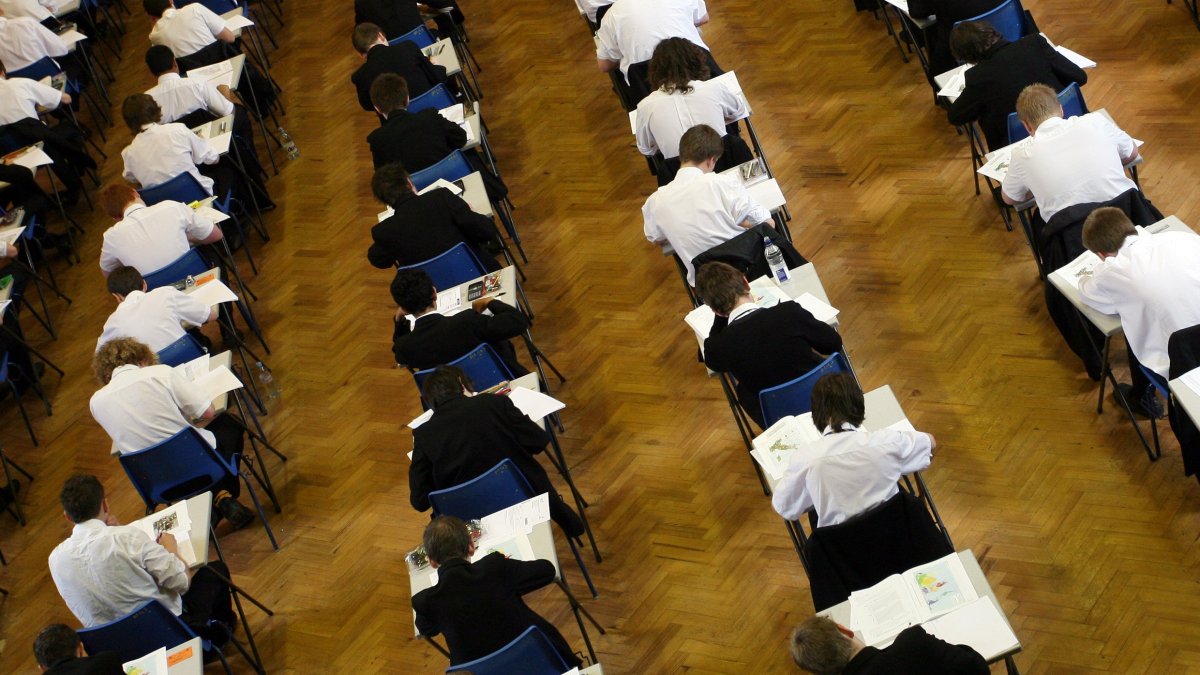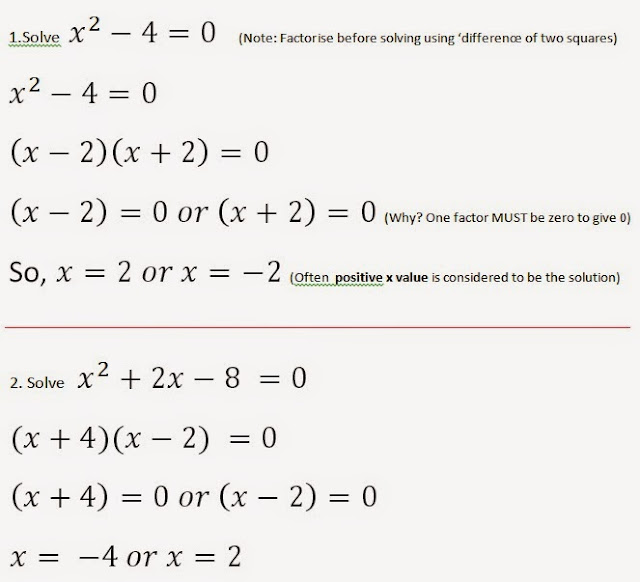GCSE results day is an eagerly awaited event for students who have completed their exams and are anxious to know their grades. If you are a GCSE student waiting for your Edexcel results in 2024, this article will provide you with important information regarding when the results will be released and how you can collect them.
GCSE Results Day 2024
GCSE results for the 2024 session will be published from 8:00 am (GMT) on Thursday, August 22, 2024. If you’re collecting them in person, check with your school for the exact time. Remember that GCSEs are now graded using a numerical system from 9-1, rather than the previous A-E grading system.
Collecting Your Results
On results day, you can collect your GCSE results from your school. However, it's important to note that some schools may choose to post the results or send them digitally, so it's crucial to check with your teachers to confirm the collection method.
If you are collecting your results from your school, your teachers will inform you about the opening time and the specific classroom where you can collect your results.
Remember that the opening times may vary from school to school, so don't assume that your school will open at the same time as your friends' schools.
Understanding GCSE Grades
To interpret your GCSE grades accurately, it's essential to understand the grading system.
Here is a breakdown of the Edexcel GCSE grades and their corresponding equivalents:
- 9: High A*
- 8: Low A* or high A grade
- 7: Low A grade
- 6: High B grade
- 5: Low B or high C grade
- 4: Low C grade
- 3: D or high E grade
- 2: Low E or high F grade
- 1: Low F or G grade
- U: Ungraded
Note that the previous C grade has been replaced with grades 5 and 4, both of which are considered a pass. Grade 4 is a standard pass, while grade 5 is known as a strong pass.
Receiving Your GCSE Certificates
It's important to understand that the GCSE results you will receive in August are provisional and indicate your provisional grades.
Your final grades will be shown on your GCSE certificates, which are crucial for providing proof to universities and employers.
If you believe that there has been a mistake in your grades, you have the option to make an appeal. You can request a remark of your papers or a clerical check to ensure accuracy.
Your GCSE certificates will be sent to your school by the exam board approximately 3 months after results day.
Your school will inform you when the certificates are ready for collection. You can either visit the school to pick them up or arrange for the school to post them to you. Remember that schools are required to keep your certificates for 12 months after receiving them, so there's no need to worry if you can't collect them immediately.
Importance of Your GCSE Certificates
It's crucial to keep your GCSE certificates safe, as you may need to present them to universities or employers.
In case you lose a certificate, you can order a replacement called a "certified statement of results" from your exam board.
Please note that there may be a cost associated with ordering this replacement.
FAQs (GCSE Results 2024)
1. When is GCSE results day 2024?
- GCSE results for 2024 will be released on Thursday, August 22, 2024. If you're collecting them in person, check with your school for the exact time.
2. How can I collect my GCSE results?
- You can collect your GCSE results from your school. However, some schools may choose to post or send them digitally, so it's important to check with your teachers for the collection method.
3. What should I bring with me on results day?
- Consider bringing a fully charged mobile phone, photo ID, a bottle of water, a trusted adult for support, and a pen and paper to write down any information.
4. What if I'm on holiday on results day?
- If you are unable to collect your results in person due to being on holiday or other reasons, you can arrange in advance for your school to send your results to you via email or post. Contact your school to discuss the process and requirements.
5. Can someone else collect my results on my behalf?
- In some cases, you can nominate someone else to collect your results on your behalf. They will usually need to sign a letter and provide photo ID. Confirm the rules and procedures with your school regarding this option.
6. When will I receive my GCSE certificates?
- GCSE results slips and certificates are not the same. The provisional grades are shown on the results slips you'll receive in August. The final grades, indicated on the certificates, will be sent to your school by the exam board approximately three months after results day. Your school will inform you when they are ready for collection or can arrange to have them posted to you.
7. What if I need to appeal my grades?
- If you believe there has been a mistake in your grades, you can make an appeal. This may involve requesting a remark or a clerical check. Refer to the provided guide or consult with your school for more information on the appeals process.









